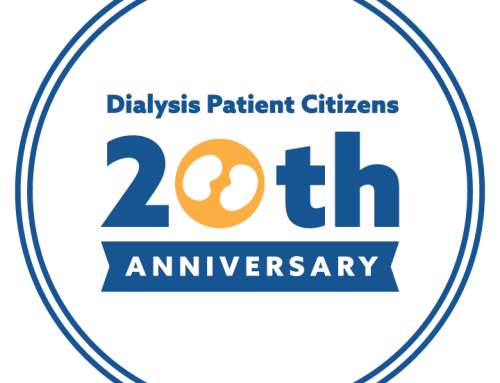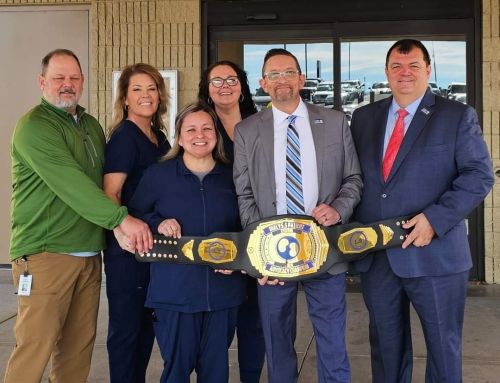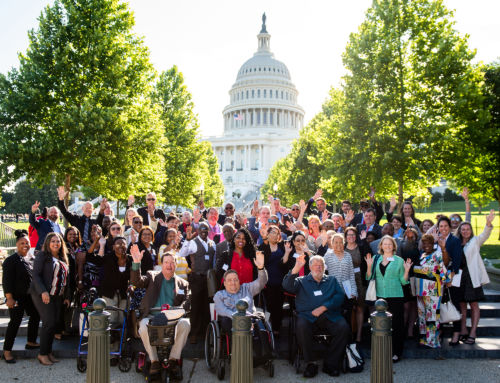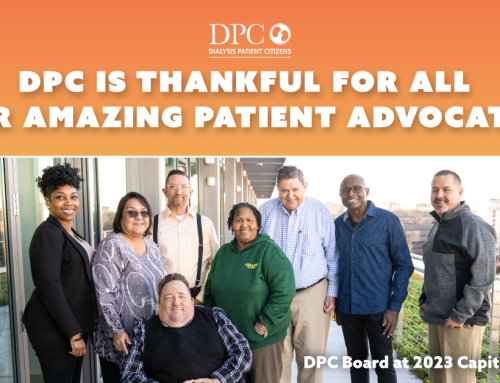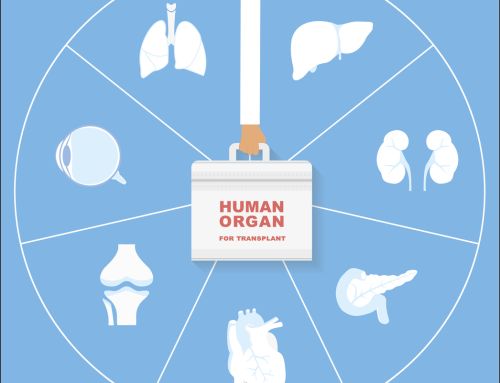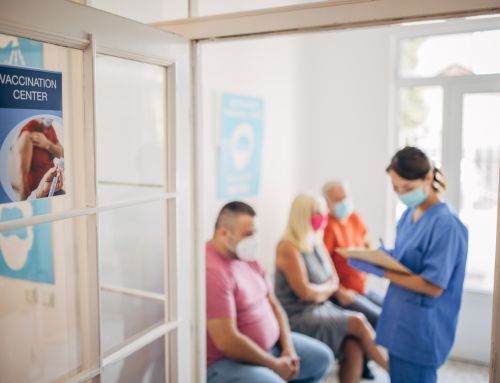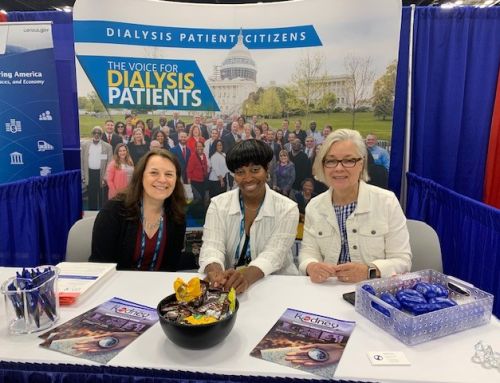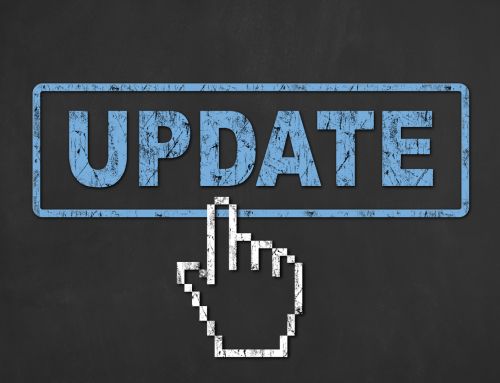With the start of the new year, state legislatures throughout the country are beginning their legislative sessions with a flurry of new bills being introduced on a wide-ranging number of topics. While the Covid-19 pandemic and its economic impact will dominate much of the activity at state houses across the country this year, we are encouraged that some of the bills already filed this session would improve health outcomes for dialysis patients.
Both Arizona and Kentucky have already introduced bills to expand Medicare supplemental insurance, or Medigap. This is significant because Arizona and Kentucky are two of the 28 states that do not authorize Medigap coverage for End Stage Renal Disease (ESRD) patients under age 65. Access to affordable Medigap for all ESRD patients is a priority issue for DPC, since Medigap helps cover patients’ out-of-pocket expenses that Medicare alone doesn’t cover, provides patients with more financial stability by capping their annual health care expenses, and removes a key financial barrier to transplant access by ensuring patients have the financial resources needed to maintain post-transplant immunosuppressant therapy. DPC staff is actively working to expand and enhance state Medigap policies for ESRD patients.
Oregon recently introduced a Chronic Kidney Disease (CKD) Task Force bill, following the lead of Illinois and Texas, which both passed Task Force bills in 2019 to comprehensively examine the health care infrastructure of patients with kidney disease and to coordinate a state plan to educate health professionals, improve health outcomes for kidney disease patients and lower health care costs. DPC is working with advocacy organizations such as the Illinois Kidney Disease Alliance (IKCA), a broad coalition of organizations that serve dialysis and CKD patients, and similar coalitions in California and elsewhere to ensure that that issues impacting ESRD patients are included in Task Force dialogue.
A variety of bills to encourage more living organ donors have been introduced in Maryland, New Jersey, New York, and Washington so far. Some of these bills would provide financial support to living donors through tax credits, lifetime health insurance coverage or paid leave from work, while other bills would prevent insurance discrimination for living organ donors. Because the vast majority of living organ donations are kidneys, these bills are an important step in increasing the supply of kidneys available to ESRD patients to receive a transplant.
As states reveal their budget plans, DPC’s priority is to protect access to care and state programs that provide vital services, such as transportation for dialysis patients to and from their dialysis treatments and other medical appointments. We’re also exploring possible state legislation or pilot programs to provide dialysis patients with additional supports needed for expanding home dialysis, such as funding for community health workers to assist patients at home, and greater coordination for patients seeking transplants.
Working on these bills and state budget priorities gives us the opportunity to engage with state legislators and educate them on our policy priorities that will lead to better health outcomes for dialysis patients. We look forward to working with our Patient Ambassadors and other members on our state and federal advocacy efforts to raise the voice of dialysis patients.







